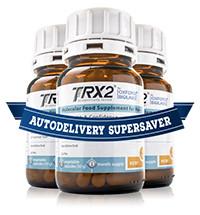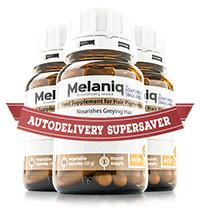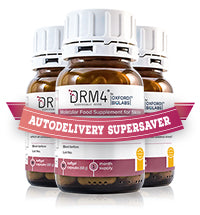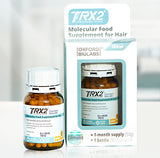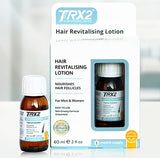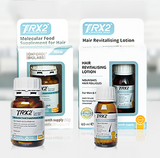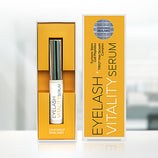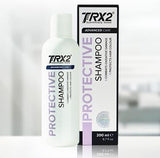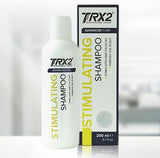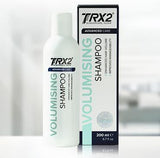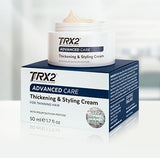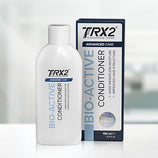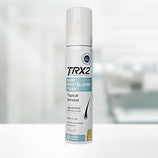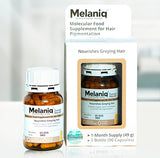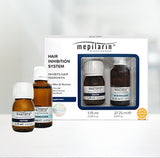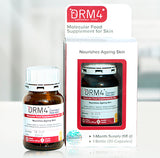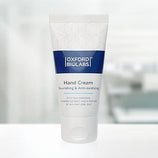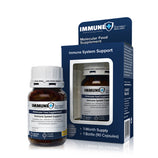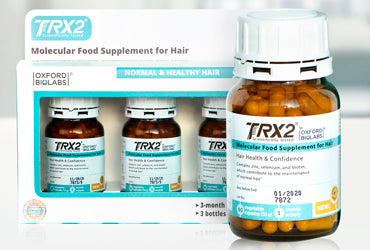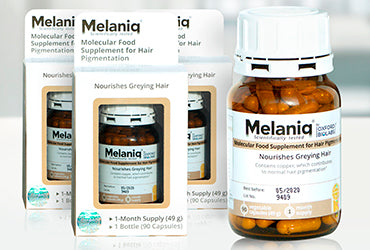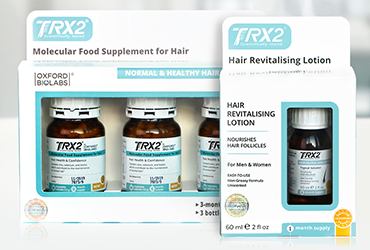It would seem the whole world only recently woke to the fact that pollution, especially in the cities, is harmful not only to our lungs but also to the skin. Many studies are now linking toxic environments to early skin ageing and worsening skin conditions such as eczema and age spots.
That said, the beauty industry is also rising to the occasion, manufacturing some excellent skincare products for protection against - or reversing pollution-related skin damage. But what else can you do to save your looks and health?
In this post, we look at what pollution entails, its effect on the skin, and how to protect yourself from various pollutants in the environment.
What Passes for Pollution?
Pollution in our context is a collective term for air pollution, UV radiation, and any extreme changes in weather and temperature. Your skin may be exposed to pollutants both outdoors and indoors.
For instance, while outdoors, you may be coming into contact with:
- exhaust fumes
- cigarette smoke
- manufacturing by-products (like phthalates)
- smog
- solar ultraviolet radiation
- other small particulate matter such as volatile aerosol compounds
On the other side, even when you are supposedly in the safety of your home, your skin could still be exposed to pollutants such as:
- dust mites
- pressed wood products (e.g., particleboard, plywood, and panelling)
- cigarette smoke
- synthetic fabrics such as permanent press
- volatile organic compounds (VOCs) from household cleaners, paints, cosmetic products, and other chemicals
How Does Pollution Affect Your Skin?
Pollution often gets in the body via breathing, although any part of the skin surface that has broken down provides a pathway for all sorts of tiny pollutants to get in.
The biggest problem with all forms of pollution is the formation of free radicals that further damage skin, leading to premature ageing. Besides, disrupting the skin barrier may also upset its micro biome, allowing even more pollutants in.
The most popular physical symptoms that show your skin is suffering the consequences of living in a polluted environment are:
1. Hyperpigmentation
Dark spots, referred to as melisma, form on your skin when particulate matter, as well as other pollutants, enter your skin. What's more, UV rays are known to damage the skin, even causing permanent pigmentation or, in worse cases, cancer.
This explains the ongoing fuss surrounding sun protection face cream and other products.
2. Dry Skin
Particulate matter – like smog – have been linked to the depletion of essential moisture in the skin, causing dryness. The sun is also a villain here. Prolonged exposure may rob natural oils from your skin, resulting in skin dryness, flakiness, and even irritation.
3. Inflammation
Scientists have linked pollution to atopic dermatitis (eczema), an inflammatory disease of the skin. For instance, in a recent literature review covering four other studies, eczema was found to be rampant in urban and industrialised regions where pollution is most prevalent and air quality is poor.
4. Acne
Did you know that air pollution, especially involving NO2 gas, could be the cause of your recurrent Acne Vulgaris? Well, a time-series study published in PubMed established links between acne and pollution, collectively suggesting that pollutants could lead to breakouts in many ways.
For instance, they could accelerate the production of sebum as your body attempts to compensate for the loss of moisture. Pollutants could also block the pores and form blemishes.
5. Fine lines, Wrinkles, or Sagging of the Skin
Ultimately, prolonged exposure to a polluted environment leads to premature skin ageing, manifesting itself in the form of wrinkles and loose skin.
Take UV radiation exposure, for instance. It may lead to solar elastosis, a condition where abnormal elastic tissue accumulates in the dermal layer. The light from the sun may also stimulate a process known as elastase that causes accelerated degradation of elastin.
Moreover, Ozone robs your skin of essential antioxidants such as the C and E vitamins. This leads to the formation of more free radicals that could create dimples on your skin.
How to Protect Your Skin from the Effects of Pollutants
Now that we have seen pollution's systemic damage to the skin, here are 5 ways to protect your skin from this damage;
1. Stay Hydrated
The oldest trick in the book, drinking plenty of water, is one of your best defences against unhealthy skin. It will help hydrate the skin, improve circulation, diminish dark circles that form around the eyes, stimulate cell growth, and improve elasticity.
2. Use Products with Antioxidants
Antioxidants are your best shot at fighting free radicals that damage your skin. These are naturally available minerals such as Vitamins C and E, zinc, selenium, and Beta-carotene. You may already be consuming them through some foods.
However, using an antioxidant-rich skin care product ensures that you get the right combination of minerals and nutrients, increasing your chances of fighting off free radicals.
3. Sunscreen
Applying sun protection face cream as part of your skincare regimen – like facial serum or moisturizer – is another way of protecting your skin. Barrier creams safeguard your skin health from UV damage as well as smog and other particles that could otherwise penetrate the skin.
When shopping for skincare sunscreens, you want to go for a minimum of SPF 50 to offer adequate protection against both UVB and UVA radiations.
4. Cleanse Properly
Among the best skincare routines is simply cleaning thoroughly. Cleansing will ensure you wash away all the pollutants attach to your skin throughout the day. You can consider using a facial cleanser for an effective wash.
Cleansing also guarantees that smoke and nanoparticles do not sit long enough to find their way into the skin. Moreover, it prevents clogging of pores.
5. Moisturise
Pollution may leave you with dry and flaky skin. Besides, cleansing – especially with soap – may reduce the moisture and natural oils on your skin. In such a case, using a hydrating moisturiser restores balance and prevents your skin from becoming all dry and cracked.
A moisturiser with SPF is even better. However, this does not make for the best face sun protection hence you should not take it as a replacement for your sunscreen.
The more we become urbanised and industrialised, the more it seems like the very air we breathe and weather are out to get us. We have to take precautions by cleansing, staying hydrated, and avoiding polluted environments whenever we can (although this may be tough).
Fortunately, we also have various skincare brands giving us a shot at preserving our skin's integrity through skincare products such as supplements, serums, sunscreens, cleansers, and moisturisers.
